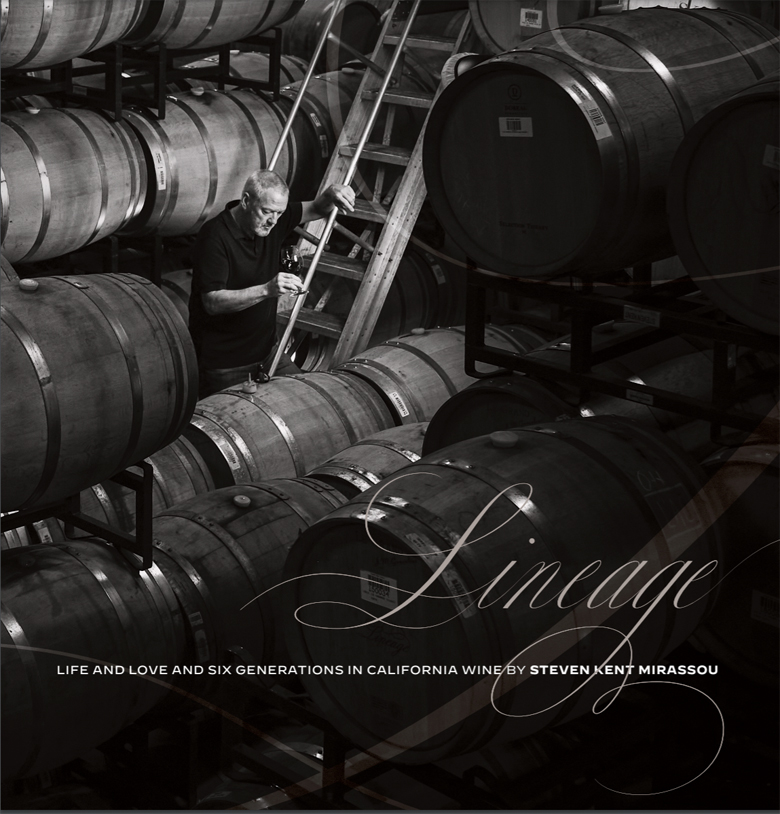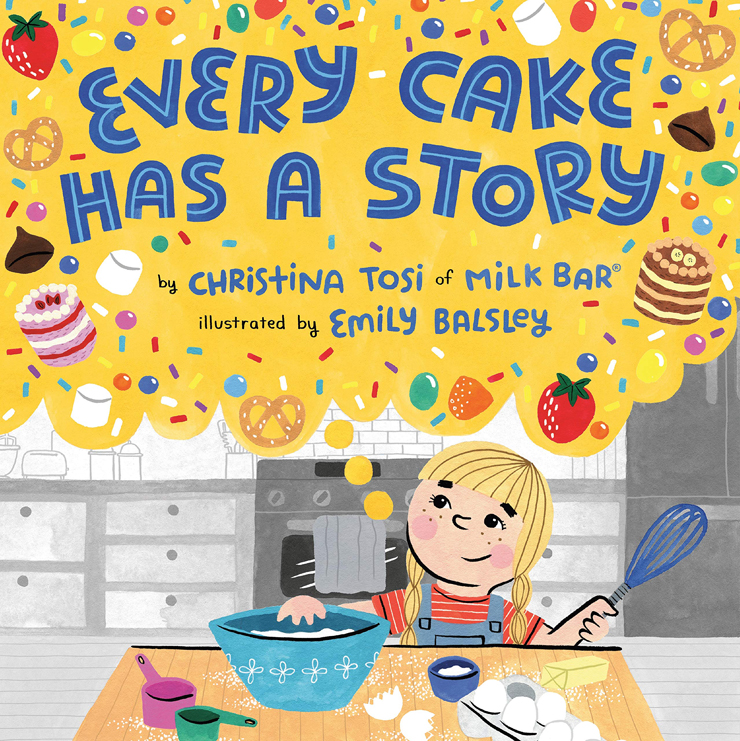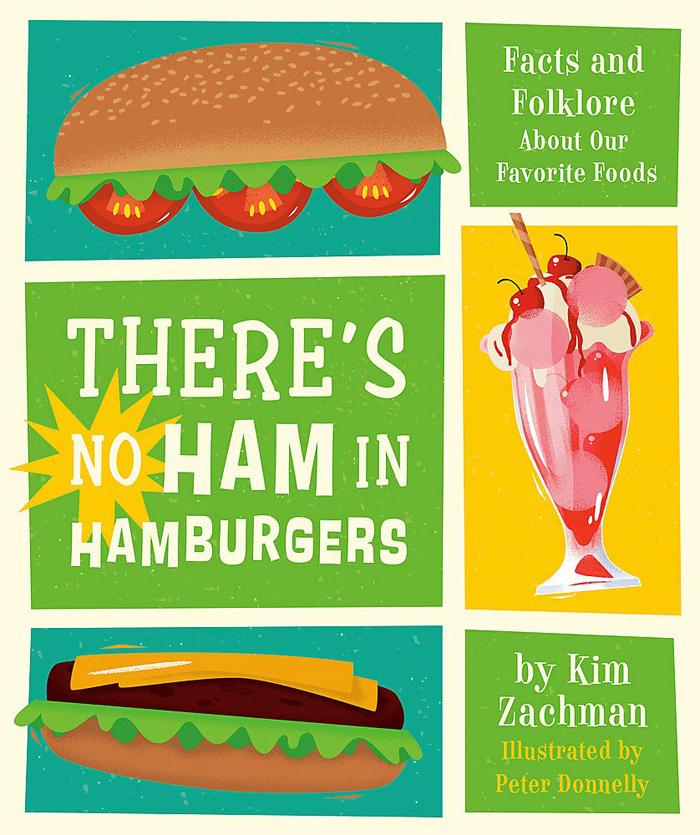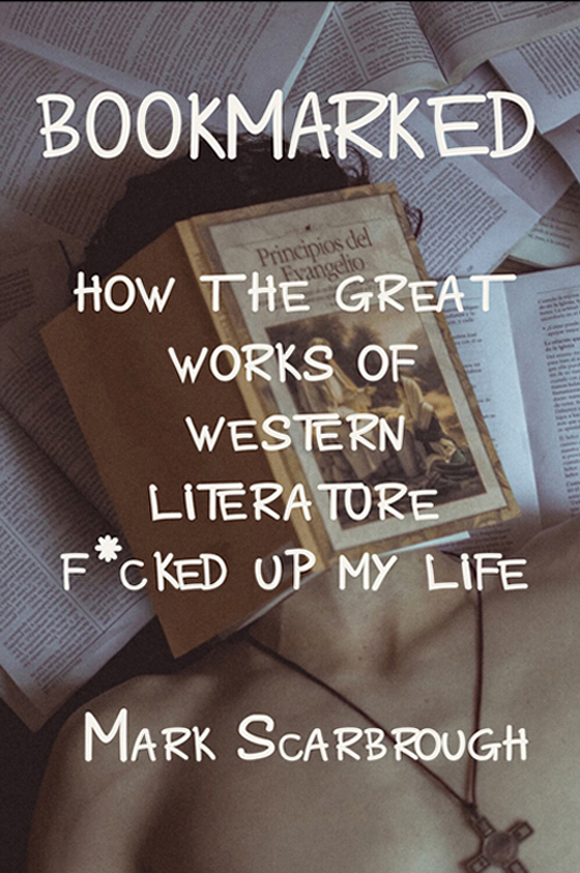Four Reads To Savor

“Lineage” by Steven Kent Mirassou
There is pure poetry not only in the way wine tastes, but also in the way it is made.
That’s no more evident than in the new book, “Lineage: Life and Love and Six Generations in California Wine” (Val de Grace Books), of which I received a review copy, by Steven Kent Mirassou.
If the name sounds familiar, it should. He hails from six generations of winemakers in the Bay Area, responsible for crafting wines under the Mirassou Winery, La Rochelle Winery, Steven Kent Winery labels.
Salinas-born Mirassou didn’t follow in the family’s wine-making immediately. Instead, after graduating from George Washington University with a BA in American Literature and New York University with a MA in Literature, his intention was to teach literature and to write novels. But after getting married and wanting to start a family, he wanted to come back to San Jose so his children could be near their grand-parents.
It was then that his passion for wine-making was ignited. He partnered with his father to produce Iván Tamás wines, before selling the brand to Wente Vineyards. Father and son followed that up with Steven Kent Winery in 1996.
Now, Mirassou is CEO of well-regarded Lineage Collection — Lineage Wine Co., The Steven Kent Winery, L’Autre Côte Cabernet Franc, and Mia Nipote Wines — in the Livermore Valley.
His literature background is evident from the first pages, which recount his family’s rise in the wine industry. The prose is evocative, sensual, and yes, downright poetic.
Consider how he describes the effect of a new experience — or wine — that rocks you to your core:
“The process of considering anything deeply, be it great wine, fine food, book, movie, or your lover’s naked hip is necessarily one of opening up, of being willing to jettison commonplace shapes in favor of those that put the lie to the contemptibly familiar. To taste some new bottle of wine, to slurp air through it in your mouth, and feel it, to remark on the flavors and the way the wine makes your mouth feel, dryingly astringent or wetted by acid, and to let those sensations rebirth past experiences is to insist upon living an un-ordinary moment.”
Uncork a bottle of wine and fill your senses completely with “Lineage.”
“Every Cake Has A Story” by Christina Tosi
Milk Bar Founder Founder Christina Tosi has many cookbooks to her credit. Now, she has her first children’s book, “Every Cake Has a Story” (Dial Books For Young Readers), of which I received a review copy.

The charming book, whimsically illustrated by Emily Balsley, tells the story of what happens when Sammi of Samesville decides to break from baking the same vanilla cake with chocolate frosting over and over again. A whole new kaleidoscope world of friends and delightful cake flavors enriches her life like never before.
It’s a sweet little book, made even sweeter with the included recipe at the end for “Dreamy Strawberry Frosting.”
“There’s No Ham in Hamburgers” by Kim Zachman
If you’re a fan of fun food facts, you’re sure to clean up at your next trivia night after reading, “There’s No Ham in Hamburgers: Facts and Folklore About Our Favorite Foods” (Hachette Book Group) by Kim Zachman, who readily admits she drove her parents crazy as a kid, always asking “Why?”
The book, of which I received a review copy, tackles the origins of 99 pantry staples and global ingredients, doling out wit and wisdom in equal measures.

Did you know that the potato chip business nearly got the kibosh during World War II, when chips were initially declared a nonessential food item because cooking oil was so scarce? Harvey Noss, president of the National Potato Chip Institute, to the rescue. As Zachman writes, he lobbied Washington, D.C. with a list of 32 reasons why they were essential, including “Potato chips are the only palatable way to eat potatoes cold.”
You know Milton Hershey as the founder of Hershey’s chocolate, of course. But he was also a philanthropist who built the entire town of Hershey, PA for his employees. In 1909, he and his wife opened the Hershey Industrial School for orphan boys. After his wife died, Zachman writes, Hershey cared less about money without her to share it with, so he donated his stock in the company to the school — a gift valued at $60 million.
“Bookmarked: How The Great Works of Western Literature F*cked Up My Life” by Mark Scarbrough
You may know the name Mark Scarbrough, who with his husband, Bruce Weinstein, are prolific best-selling cookbook writers, having together authored more than 30 cookbooks. They also host together the popular podcast, “Cooking With Bruce and Mark.”
Now, for the first time, Scarbrough has embarked on a solo project, and a most personal one at that.

“Bookmarked: How the Great Works of Western Literature F*cked Up My Life” (Propertius Press), of which I received a review copy, is his memoir about growing up an adopted child in a strict Texas evangelical household, as he yearned to understand more about his birth mother, his back story and his sexual identity.
Great literature is often said to inspire. In Scarbrough’s case, certain books sometimes did. Other times, they confounded him and sent him into a spiral of despair, even to the brink of suicide.
He longed to find all the answers in a book. In the end, he learns to look inward, not on a page, to truly find himself.

Thank you so much for your review! Each new wine release is like a Broadway debut with the “author†on pins and needles waiting to see how beautiful/ugly the world thinks his baby is. Multiply that anticipatory dread by 1000 when one’s first book is the thing being reviewed…phew!!
Hi Steven: I know the feeling. You should be proud. It’s a lovely book. Congrats!